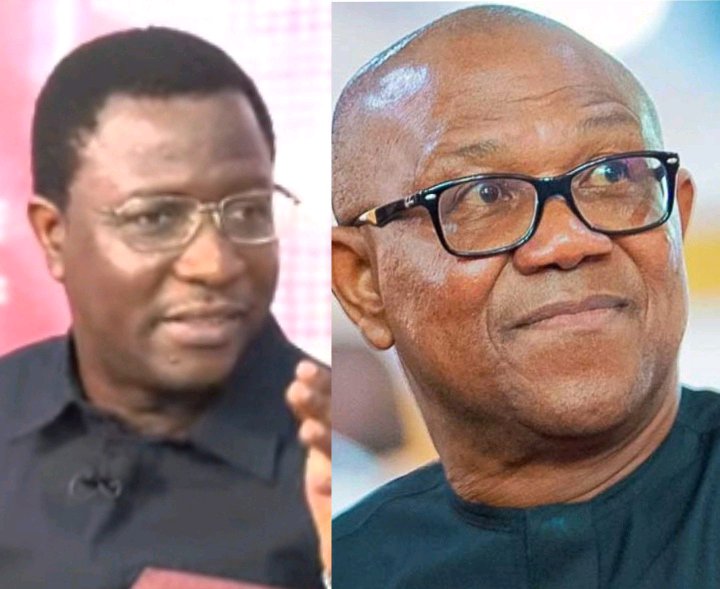In a recent interview on Enterprise TV from 23:54, public affairs analyst Shodeinde Peters weighed in on Nigeria’s complex political landscape, warning that ethnic and regional divisions continue to threaten the stability of the country’s democracy.
“If you secede the Southeast today, that’s when you’ll know Peter Obi won’t be president,” Peters remarked, stressing that politics in Nigeria is deeply shaped by ethnicity, religion, and regional interests rather than a unified national vision.
He explained that while Peter Obi enjoys significant popularity, particularly in the Southeast, Nigeria’s multi-ethnic structure and centralised system of government make it difficult for any one region to dominate the presidency. According to him, the current political setup encourages suspicion and rivalry among regions, limiting the chances of national consensus.
Peters argued that unless Nigeria revisits its federal structure—possibly by allowing more regional autonomy—elections will continue to be divisive and polarised along ethnic lines. He added that the over-centralisation of power in Abuja has bred inefficiency, encouraged unhealthy political competition, and left citizens feeling disconnected from governance.
The analyst further noted that stronger institutions, transparent political party processes, and credible elections are the only way to overcome regional politics and build trust across the federation.
Peters concluded that without reforms to address Nigeria’s diversity in a fair and inclusive manner, presidential contests will remain contentious, and leaders will struggle to command nationwide legitimacy.
Explore More News By Using The Button Below.

